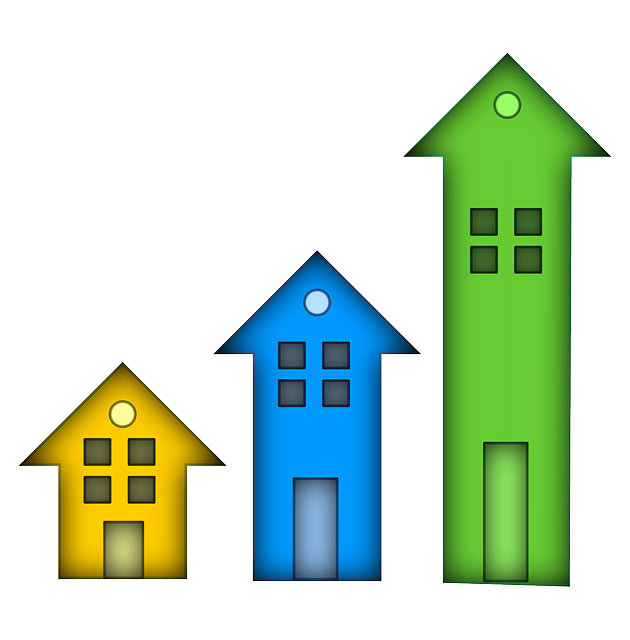Secured and unsecured 10K Debt Consolidation Loans offer individuals financial solutions for debt management. Secured loans use assets as collateral, reducing lender risk and potentially lowering interest rates. Unsecured loans, lacking collateral, rely on borrower creditworthiness assessed through credit history, income, existing debt, and credit utilization. Both options aim to simplify debt management: secured loans with asset retention guarantee, while unsecured loans focus on responsible repayment to improve credit health without asset forfeiture.
Understanding the difference between secured and unsecured loans is crucial when considering a 10K debt consolidation loan. Secured loans, backed by collateral, often offer lower interest rates but carry the risk of asset seizure. Unsecured loans, lacking collateral, provide greater flexibility but typically have higher interest rates and stricter borrowing limits. This article breaks down these options, guiding you in navigating the landscape for a 10K debt consolidation loan that suits your financial needs.
- Understanding Secured Loans
- Unsecured Loans: Key Features and Considerations for 10k Debt Consolidation Loan Options
Understanding Secured Loans

Secured loans are a type of financing where the borrower offers an asset as collateral to secure the loan. This could be anything from real estate, vehicles, investments, or even valuable personal belongings. The primary purpose of a secured loan is to protect the lender in case the borrower defaults on their payments. If the borrower fails to repay, the lender has the legal right to seize and sell the pledged asset to recoup the outstanding debt, often covering the full amount owed. This makes secured loans generally more attractive to lenders as they carry less risk.
One popular example of a secured loan is a 10K Debt Consolidation Loan. In this scenario, an individual borrows a sum of money—in this case, up to $10,000—and uses their car or another valuable asset as collateral. If the borrower meets their repayment obligations, they retain ownership of the asset. However, if they fail to make payments, the lender can repossess and sell the asset to recover their losses. This security provides lenders with peace of mind and often results in lower interest rates and more favorable terms for borrowers compared to unsecured loans.
Unsecured Loans: Key Features and Considerations for 10k Debt Consolidation Loan Options

Unsecured loans are a popular choice for those seeking financial flexibility, especially when considering a 10k debt consolidation loan. These loans are just as they sound—they aren’t backed by any collateral or asset, meaning no property or vehicle is at risk if you fail to repay. This makes them an attractive option for borrowers who may not have substantial assets to offer as security but still need access to funds for various purposes, including debt consolidation.
When considering a 10k debt consolidation loan, unsecured lenders typically assess your creditworthiness through a thorough review of your credit history and financial behavior. They consider factors such as income stability, existing debt obligations, and credit utilization. Lenders may also run a hard inquiry on your credit report, which can temporarily impact your credit score. However, with responsible repayment, these loans can help improve your credit health over time, offering a more accessible path to managing debt without the added stress of potential asset forfeiture.
When considering a 10k Debt Consolidation Loan, understanding the distinction between secured and unsecured options is paramount. Secured loans, backed by collateral, often offer lower interest rates but carry the risk of asset forfeiture. Unsecured loans, lacking collateral, are more accessible but typically come with higher interest rates and stricter repayment terms. Evaluating your financial situation and future prospects will help guide you in choosing the most suitable option for consolidating your debt effectively.
